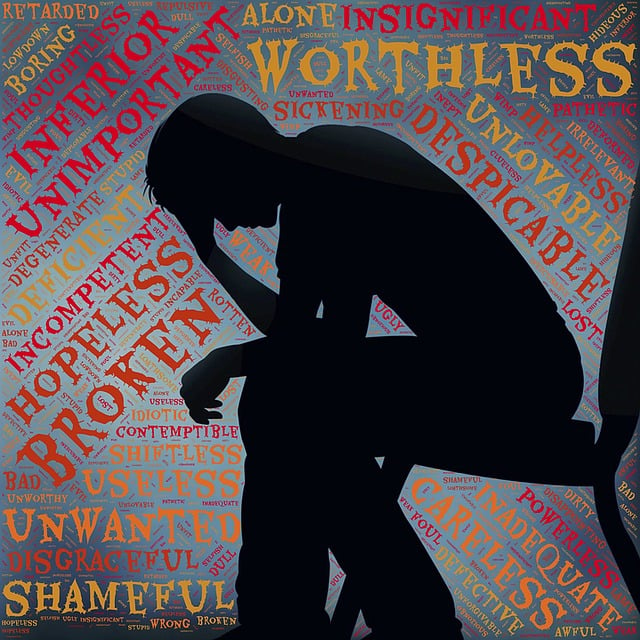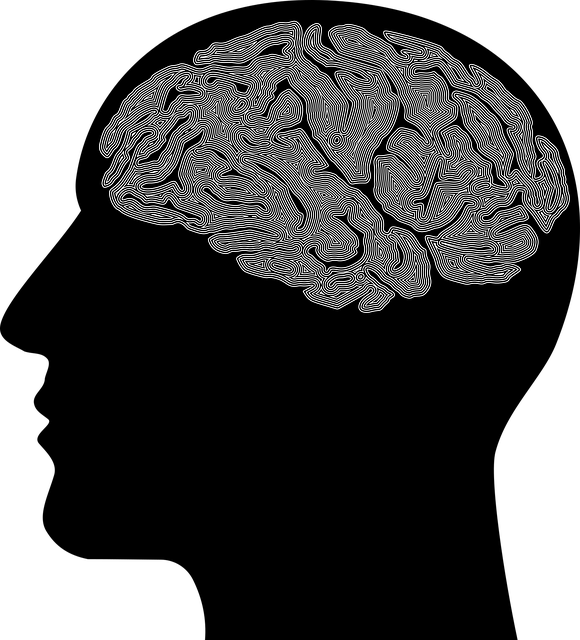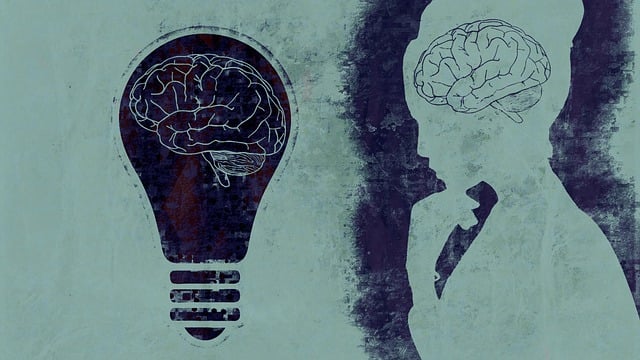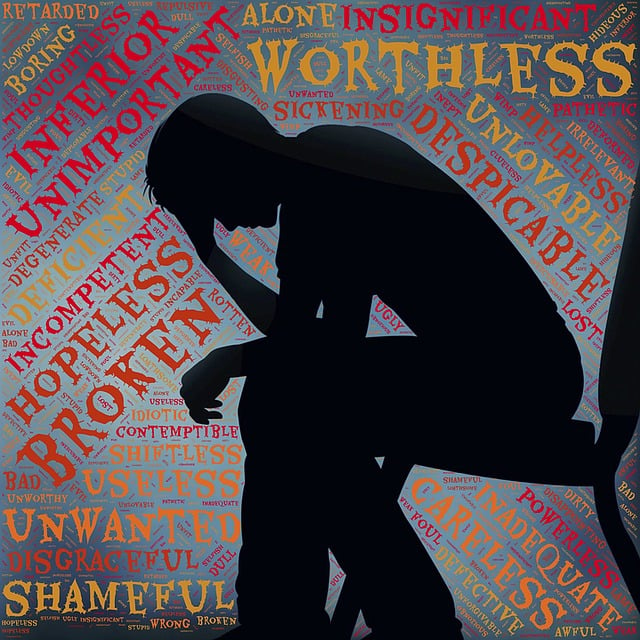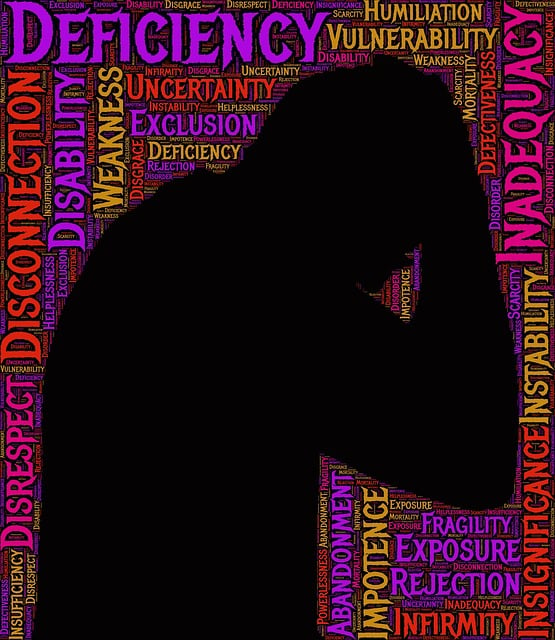Social Skills Training (SST) is a powerful adjunctive therapy for managing mental health conditions, especially those linked to isolation and interpersonal difficulties, such as anxiety, depression, and bipolar disorder. SST focuses on improving communication, emotional regulation, and relationship-building skills, boosting confidence and reducing risk factors for suicide. Superior Suicide Prevention Therapy integrates SST to enhance treatment outcomes, providing practical tools for navigating social stressors and fostering support networks. Organizations offering Stress Management Workshops further equip individuals with self-care practices for healthy social interactions. This holistic approach contributes significantly to improved emotional stability and better mental health outcomes in at-risk populations.
Social skills training is a powerful tool in addressing mental health conditions, particularly as a component of Superior Suicide Prevention Therapy. This article delves into the intricate link between social skills and mental well-being, exploring how targeted training can significantly enhance therapeutic outcomes. We examine the role of social skills in suicide prevention, providing insights into effective strategies for clinical implementation. By understanding these connections, mental health professionals can better equip individuals to navigate social interactions, fostering improved mental health and resilience.
- Understanding the Connection Between Social Skills and Mental Health
- The Role of Social Skills Training in Superior Suicide Prevention Therapy
- Implementing Effective Strategies for Social Skills Development in Clinical Settings
Understanding the Connection Between Social Skills and Mental Health

Social skills training plays a pivotal role in managing mental health conditions, as the connection between social connectedness and well-being is profound. Many mental health challenges stem from or are exacerbated by difficulties in interpersonal interactions. Individuals struggling with anxiety, depression, or bipolar disorder often experience social isolation, which can lead to a downward spiral of symptoms. By improving social skills, individuals gain the confidence to engage in meaningful relationships, enhancing their support network and overall coping strategies.
This connection is particularly evident in suicide prevention therapy, where fostering social connections and teaching effective communication techniques can significantly reduce risk factors. The implementation of Stress Management Workshops within organizations or Community Outreach Program initiatives can equip people with essential self-care practices, enabling them to navigate stressful situations while maintaining healthy social interactions.
The Role of Social Skills Training in Superior Suicide Prevention Therapy

Social Skills Training (SST) plays a pivotal role in Superior Suicide Prevention Therapy by equipping individuals with the tools to navigate and thrive in social environments, a crucial aspect often overlooked in traditional therapy approaches. SST focuses on teaching skills such as effective communication, emotional regulation, and building positive relationships—all essential for mental health recovery. These strategies enable people to express their feelings healthily, seek support when needed, and foster connections that promote emotional healing processes.
By integrating SST into comprehensive trauma support services, therapists can enhance the overall effectiveness of treatment plans. This approach is particularly beneficial for those dealing with complex conditions stemming from past traumatic experiences, as it provides practical ways to manage social stressors and triggers. Ultimately, SST contributes significantly to the success of Superior Suicide Prevention Therapy by empowering individuals with the skills required to build a supportive network, improve emotional stability, and reduce the risk of suicide.
Implementing Effective Strategies for Social Skills Development in Clinical Settings

Implementing effective strategies for social skills development is paramount in clinical settings to enhance the holistic treatment of mental health conditions. For individuals struggling with superior suicide prevention therapy, such as those dealing with complex trauma or severe depression, teaching practical social skills can significantly improve their ability to navigate and connect within their communities. Therapists play a pivotal role in modeling and guiding these skills, fostering an environment that encourages emotional expression and safe interactions.
Integrating techniques focused on mood management and emotional regulation is essential. Encouraging self-care practices and mindfulness exercises not only support individuals in managing intense emotions but also foster healthier social interactions. By combining these strategies, clinical settings can empower patients to build meaningful relationships, enhance their support networks, and ultimately, promote better mental health outcomes, especially in prevention efforts targeting at-risk populations.
Social skills training plays a pivotal role in enhancing mental health outcomes, particularly in suicide prevention. By addressing the connection between social skills and mental well-being, as discussed in this article, professionals can implement effective strategies within clinical settings. These interventions not only foster better social interactions but also provide individuals with the tools to navigate relationships more successfully, ultimately contributing to improved resilience and reduced risk of suicidal ideation. Integrating social skills development into treatment plans is a promising approach, offering hope for better mental health outcomes and increased quality of life for those affected by various conditions.
